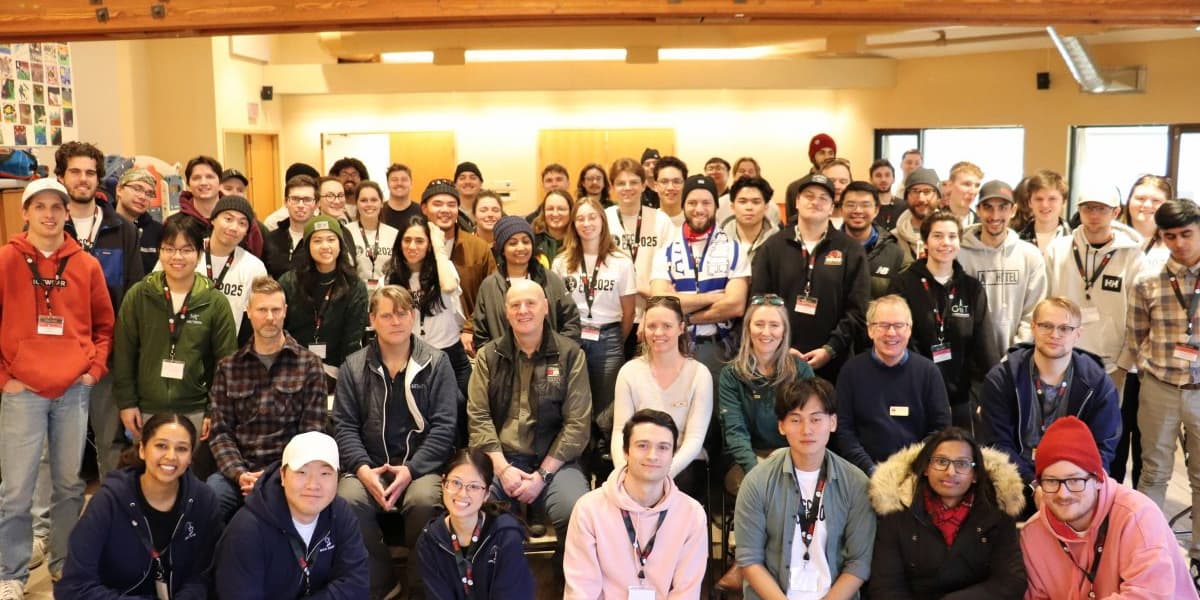Academics
Explore the value of a BCIT education and gain insights into programs and courses designed to equip graduates with job-ready skills.
Community
Keep up-to-date about essential information and resources from BCIT as well as the latest developments and events across the Institute.
Leadership
Discover the impact of BCIT experts in addressing the workforce challenges of today and tomorrow.
Student life
Get a glimpse into the daily lives of BCIT students as they navigate their studies, tackle hands-on projects, experience community, and build a network of connections to help them thrive.

The British Columbia Institute of Technology acknowledges that our campuses are located on the unceded traditional territories of the Coast Salish Nations of Sḵwx̱wú7mesh (Squamish), səl̓ilwətaɁɬ (Tsleil-Waututh), and xwməθkwəy̓əm (Musqueam).







